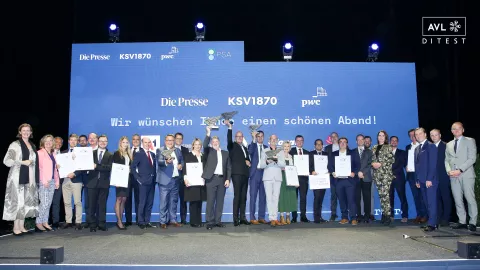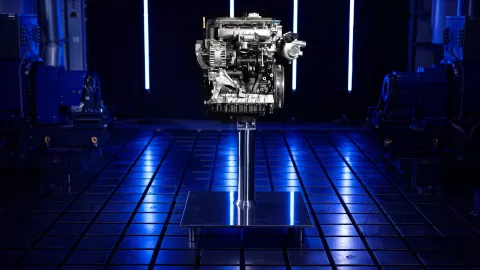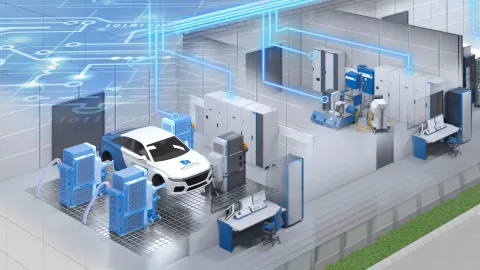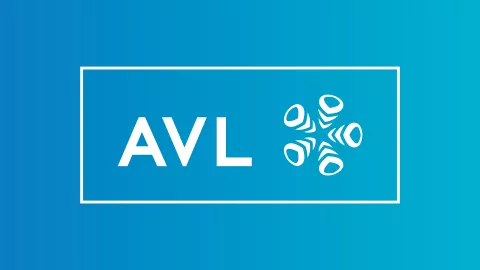Coupling Real and Virtual Tests to Speed up Development

For autonomous driving to be developed further, validation must cover a huge amount of test scenarios, in other words several hundreds of millions of test kilometers. Accomplishing this with conventional tests on testbeds and the road would take many decades and is therefore not feasible. ADAS Competence Center in Graz, Austria, founded last year by AVL, offers a trend-setting solution: It combines a strikingly powerful simulation environment with cutting-edge evaluation and data analysis methods. Critical driving situations are identified, analyzed and evaluated in terms of function as well as perceived safety. Each week up to ten million autonomously driven test kilometers can be covered.
Virtual testing is the key to shortening development times for autonomous driving systems and advanced driver assistance systems (in short ADAS). These tests make it possible to reproduce selected road scenarios based on targeted parameter variations and run such scenario simulations substantially faster than in real time. With the help of the latest cloud technologies, the validation of automation features is executed up to one hundred times faster than on the road.
A real driver in the cockpit navigates changing simulated test scenarios
Via connected AVL test systems, reality is fed into the simulated driving environment: In the AVL-ADAS driving simulator, the vehicle and its environs exist virtually, whereas driver and cockpit are real. Within these safe surroundings, critical situations are analyzed in order to extract the critical information needed for further system development. Once an autonomous vehicle has successfully accomplished these test scenarios, it can undergo real-world validation in real vehicles on especially equipped test tracks. For its ADAS customer projects, AVL has access to around 500 kilometers of highways which the Austrian federal government approved for autonomous driving in early 2017.
Throughout all test phases, the highly automated evaluation tool AVL-DRIVE™-ADAS is used. Thanks to the consistent comparability of results, the tool enables uniquely target-oriented developments.
With more than 12,200 employees, AVL is one of the world's leading mobility technology companies for development, simulation and testing in the automotive industry and in other sectors such as rail, shipping and energy. Based on extensive in-house research activities, AVL delivers concepts, technology solutions, methodologies and development tools for a greener, safer and better world of mobility and beyond.
AVL supports international partners and customers in sustainable and digital transformation. The focus here is on the areas of electrification, software, AI and automation. AVL also supports companies in energy-intensive sectors on their way to green and efficient energy generation and supply.
AVL's passion is innovation. Together with an international network of experts spanning 90 locations with more than 50 competence and development centers worldwide, AVL is driving the future of mobility. In 2024, the company generated a turnover of 2.03 billion euros, of which 11% was invested in R&D activities.
For more information: www.avl.com

- EN,

- EN,

- EN,

Stay up-to-date as a journalist with our latest press releases concerning company updates, research projects, our latest developments, and more.
Download our fact sheet to get a comprehensive overview about what we do as well as our latest company figures.
Get in touch with our Press-Team
For all press and media enquires please email: